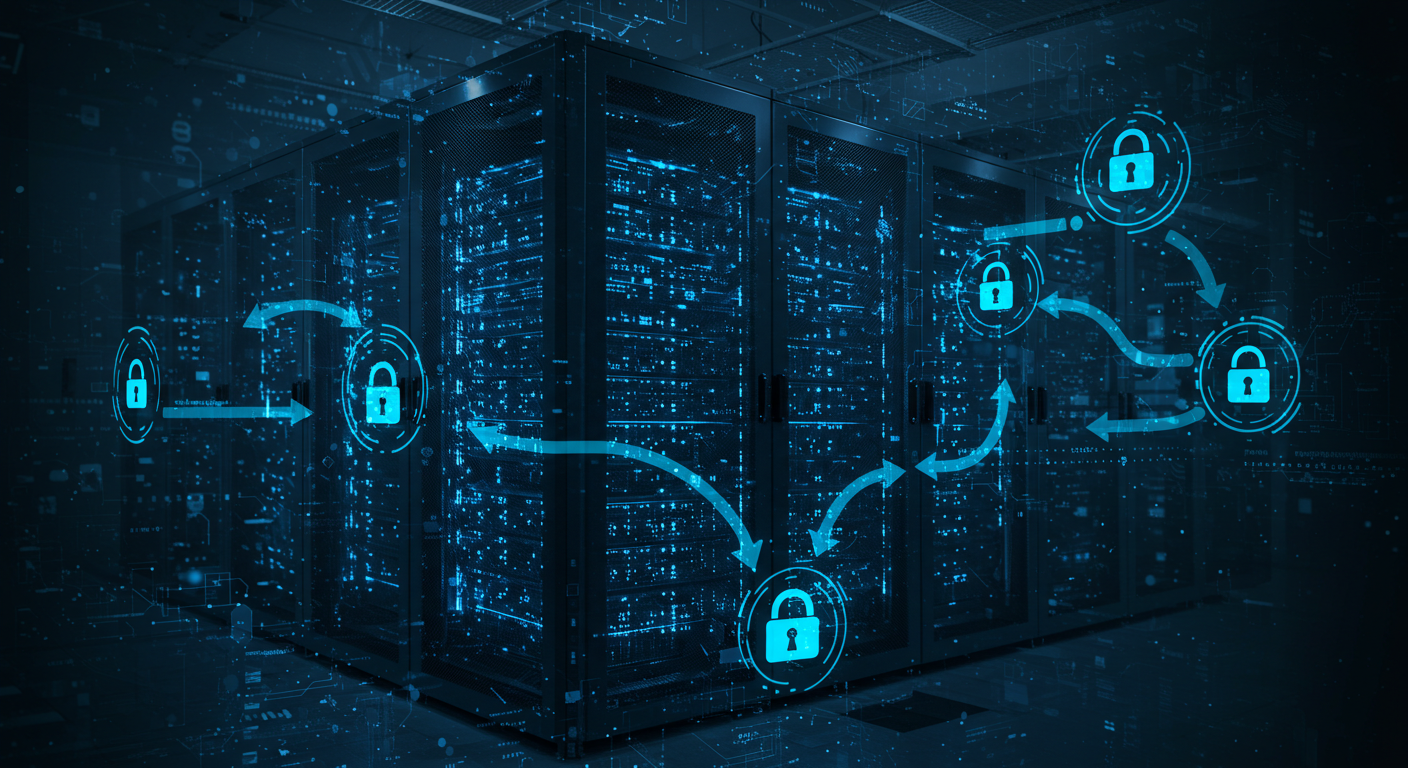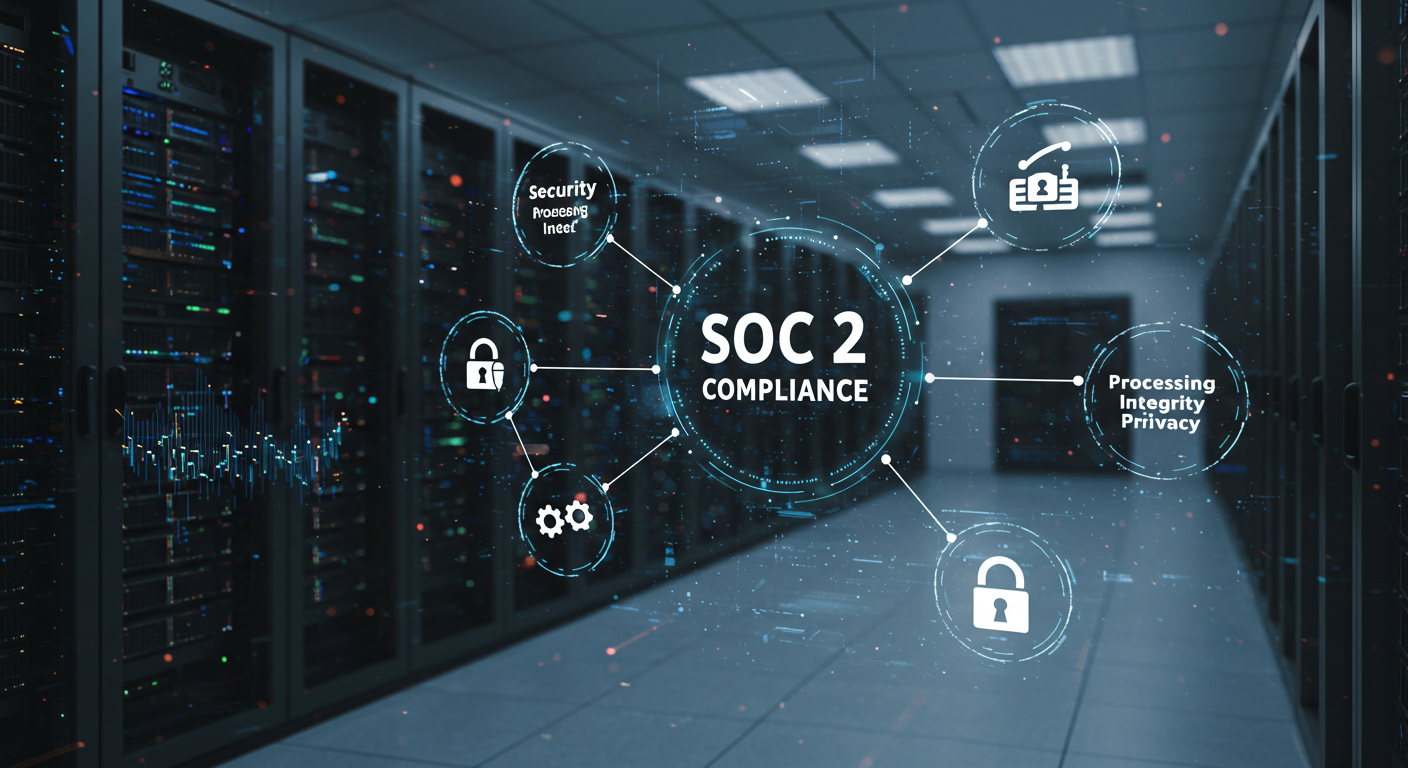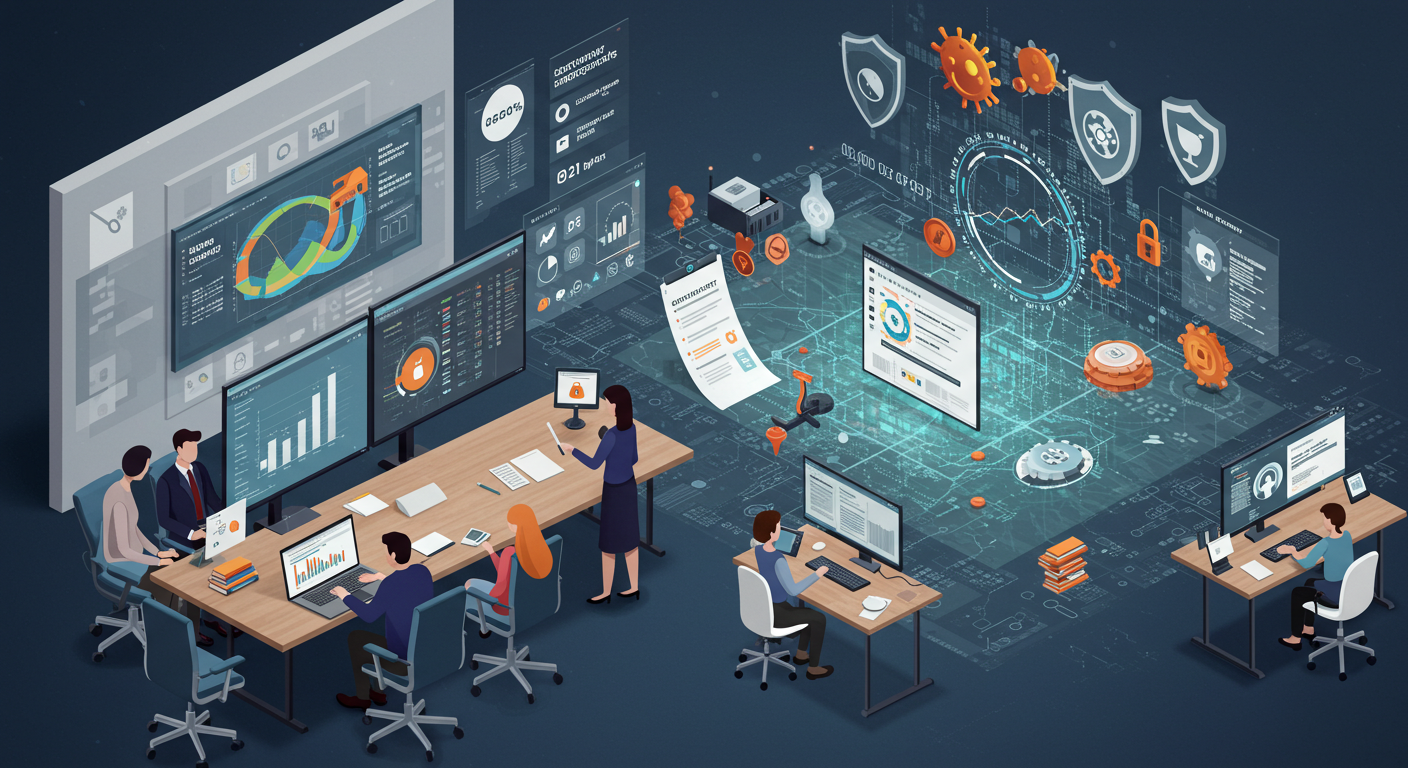One-hundred percent of large corporations will have a CISO position available by 2022. Except there’s one BIG problem. There aren’t enough qualified candidates to fill these roles.
Demand for the position at Fortune 500 and Global 2000 companies increased by 70 percent in one year.
As the second-highest paying tech job in 2019, becoming a CISO is a very lucrative position. A CISO working for a Fortune 500 company in a large city can earn between $380,000 to $420,00 per year.
What Is a CISO?
A CISO or chief information security officer manages an organization’s information and data security. With threats to security at an all-time high, the position of CISO is an essential and expanding role.
It’s an excellent role for ambitious security professionals looking to increase their influence within an organization.
CISO Duties & Responsibilities
So what does a CISO do? While no two positions are the same for many reasons, there are some core duties and responsibilities. Stephen Katz pioneered the CISO role in the 90s for Citibank. In an MSNBC article, he explains the roles succinctly.
As a CISO, you must mix technology with business and security with management. You may oversee a team of security professionals. Here are a few of the responsibilities a CISO may do within an organization:
- Security Operations Chief Information Security Officers are the gatekeepers. That means they are in charge of maintaining security operations throughout the organization. As such, a CISO provides real-time analysis and of immediate threats. Additionally, they may have to perform security triage during times of potential risk. With a team of security professionals, they will mitigate potential risks before they happen.
- Cyber Risk and Cyberintelligence Chief Information Security Officers continuously monitor potential security threats. Additionally, they help the board understand potential security threats due to acquisitions or other moves. Therefore, CISO’s must have the ability to express complex issues in plain language for non-tech executives.
- Data Loss and Fraud Protection Data breaches are on the rise. According to statistics, the number of data breaches increased 141% between 2019 and 2020. The number of compromised records in 2020 surpassed 37 billion. With the rise in data breaches, CISO’s play an essential role in organizations to ensure that employees don’t misuse or steal data. That means CISO’s are responsible for educating staff about potential threats and how to avoid them.
- Security Architecture Chief Information Security Officers must plan, buy, and roll out new security hardware and software. They must make sure that IT and network infrastructure meets best security practices.
- Identity and Access Management Chief Information Security Officers are also responsible for ensuring that only authorized personnel can access restricted data or systems. It is especially vital for CISO’s who work with very sensitive data, such as in healthcare.
- Program Management The CISO must be ahead of security needs by implementing programs that mitigate security risks. One example could be regular system patches.
- Investigations and Forensics Part of the job may entail investigations into what went wrong during a breach. They would deal with the responsible party if they are employed by the company. Last, they would create plans to avoid the same type of breach in the future.
- Governance Finally, the CISO must ensure that initiatives run smoothly and have the funding they require. Additionally, they must communicate the importance of the initiatives to corporate leadership.
What Are the Requirements to Become a CISO?
So what are the requirements to become a CISO? For starters, a CISO needs a strong foundation in technology and cybersecurity.
Typically, a qualified applicant must have at least a Bachelor’s Degree in computer science and around ten years of experience in the field. Additionally, employers look for at least five years of experience managing teams.
Beyond that, a technical Master’s Degree with a focus on security is also favorable. Additionally, beyond the basics of programming and system administration, any candidate must have some knowledge about security technology.
Some security technology an applicant would want to know is DNS, routing, authentication, VPN, proxy services, and more. Any applicant would also want some coding experience and understanding of ethical hacking and threat modeling, as well as an understanding of firewall and intrusion detection and prevention protocols.
CISO’s must meet regulatory compliance. Therefore, they must also be familiar with PCI, HIPAA, NIST, GLBA, and SOX compliance assessments.
However, a technical background isn’t all that’s involved. In fact, it may not even be the most critical experience to have. After all, much of a CISO’s job involves managing and advocating for security within the company.
While a technical background is essential, many CISO’s have a business background, an MBA, and the skills needed to communicate with C-level executives and the board.
The ability to shift between both technical and non-technical skills is essential. Due to the fact that a CISO places emphasis on an executive role, leadership skills are highly important. The ability to work within corporate structures and effectively manage teams are taken into account during the hiring process.
For tech-focused companies, companies may look for a proven leader with a more impressive technological background. It all depends on what the company needs when it comes to managing its security as an organization.
Does Your Organization Need A CISO?
Depending on the size of your organization and the compliance requirements you must adhere to, starting with a Virtual CISO might be the best option. As mentioned at the beginning of this post, full-time CISO’s are one the highest paying technical roles. Virtual CISO’s are a fraction of the cost and can help your organization improve its security posture to minimize the cost of breaches or failed compliance audits.
BlueSteel Cybersecurity has Virtual CISO’s available to help your organization with its security strategy. Reach out today to learn more more about our Cybersecurity services in USA.







